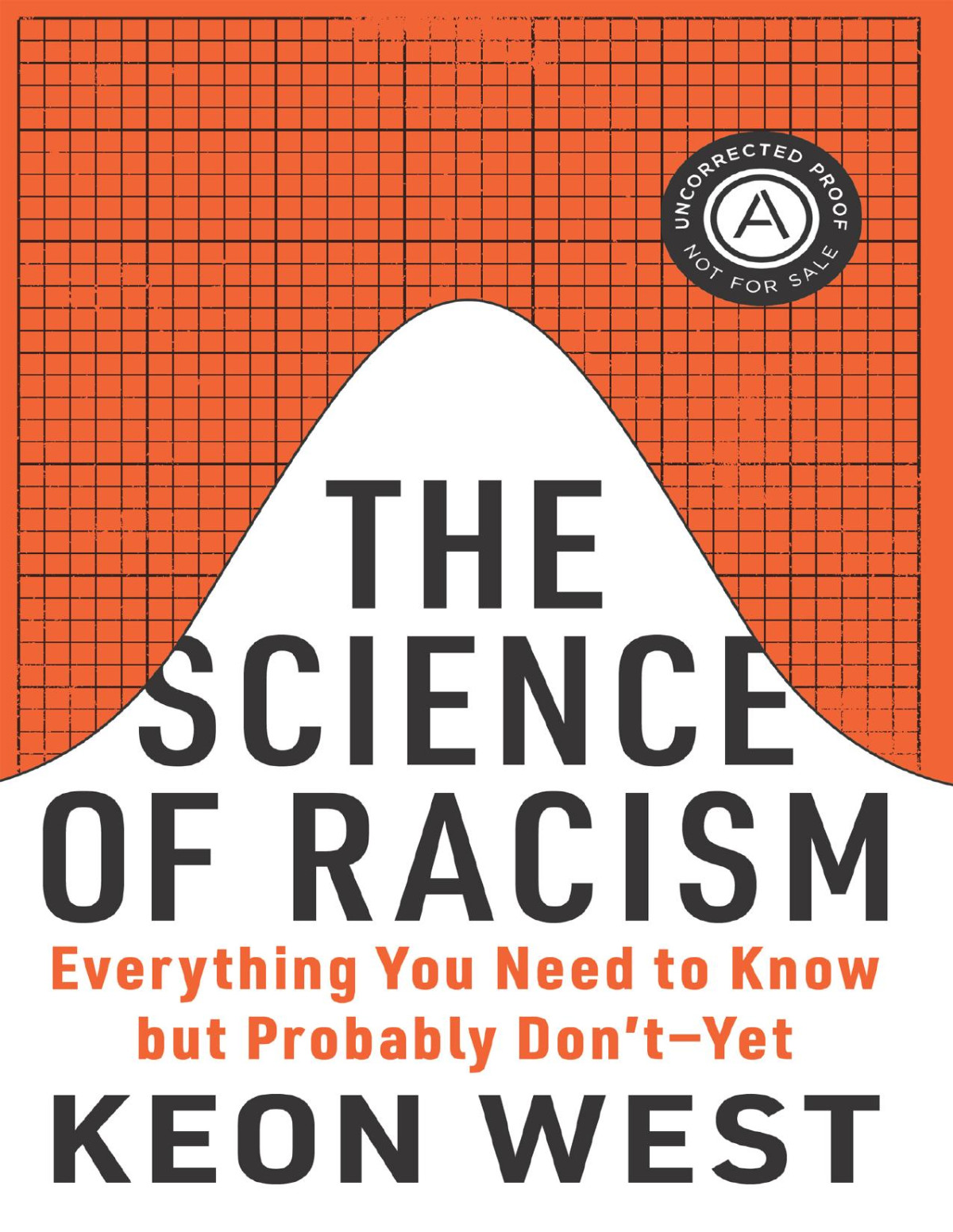

Most ebook files are in PDF format, so you can easily read them using various software such as Foxit Reader or directly on the Google Chrome browser.
Some ebook files are released by publishers in other formats such as .awz, .mobi, .epub, .fb2, etc. You may need to install specific software to read these formats on mobile/PC, such as Calibre.
Please read the tutorial at this link: https://ebookbell.com/faq
We offer FREE conversion to the popular formats you request; however, this may take some time. Therefore, right after payment, please email us, and we will try to provide the service as quickly as possible.
For some exceptional file formats or broken links (if any), please refrain from opening any disputes. Instead, email us first, and we will try to assist within a maximum of 6 hours.
EbookBell Team

4.4
32 reviewsIn this frank, funny, and meticulous book, a leading social scientist lays out the striking facts we know about racism, how we have uncovered them, and how we can start to fix them Studies and surveys show, time and again, that about 50 percent of people believe that racism is no longer an issue today. The other half would disagree—vehemently. And much of the writing on the subject of race and racism is equally divisive, in large part because so much of it is based on opinion and personal experience. It’s not grounded in empiricism. It’s not science. In The Science of Racism, social psychologist Keon West corrects that idea, moving this urgent conversation beyond anecdote and polemic in search of conclusive answers and solutions. Starting with a fascinating look at experiments around race in hiring, Dr. West brilliantly and methodically walks readers through our comprehensive understanding of this controversial topic. He looks at how racism impacts every stage and all facets of life, from birth to death, in education, work and business, friendships and relationships, police and the justice system, and healthcare. He also looks at the challenges around studying these questions and the ways we can uncover the truth, and then where we go from here: why unconscious bias training can actually make things worse, and what systems and techniques can lead us to a more equitable future.